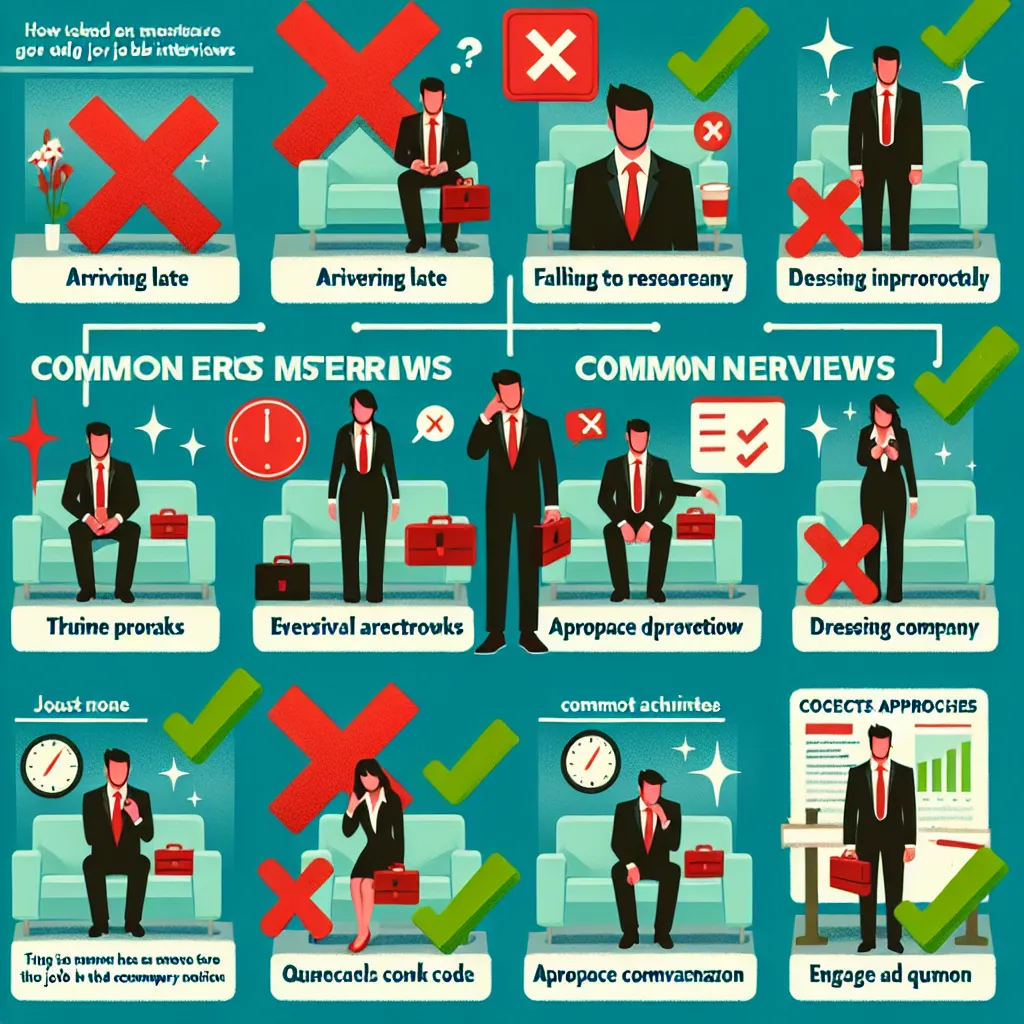When it comes to job interviews, discussing your problem-solving experience is crucial. It demonstrates your ability to handle challenges and contribute effectively to the organization. This article will guide you through the process of articulating your problem-solving skills in English, ensuring you make a lasting impression on potential employers.
Understanding the Importance of Problem-Solving Experience
Problem-solving is a highly valued skill in any workplace. Employers are keen to understand how candidates approach and resolve issues, as it reflects their potential to handle future challenges within the organization.
 Problem-solving interview
Problem-solving interview
Employer’s Perspective on Problem-Solving Skills
When evaluating candidates, employers typically consider several aspects of problem-solving abilities:
- Analytical skills: How well can you break down complex issues?
- Creativity: Can you think outside the box to find innovative solutions?
- Decision-making: Are you able to make sound judgments under pressure?
- Resilience: How do you handle setbacks and persevere through challenges?
- Communication: Can you effectively explain your problem-solving process to others?
Structuring Your Problem-Solving Experience Responses
To effectively communicate your problem-solving experience, use the STAR method (Situation, Task, Action, Result). This approach helps you provide a clear, concise, and compelling narrative.
Sample Question and Response
Interviewer: “Can you describe a time when you faced a significant problem at work and how you solved it?”
Sample Answer:
“Certainly. In my previous role as a project manager at XYZ Company, we encountered a major issue with our supply chain that threatened to delay a crucial product launch.
Situation: Our primary supplier unexpectedly went out of business just two weeks before our scheduled product release.
Task: My responsibility was to find an alternative supplier and ensure we met our launch deadline without compromising product quality.
Action: I immediately assembled a task force to brainstorm solutions. We identified potential suppliers and I personally reached out to negotiate expedited production timelines. Simultaneously, I worked with our engineering team to modify certain non-critical components to accommodate what was readily available from new suppliers.
Result: Through these efforts, we secured a new supplier within three days and adjusted our product specifications slightly. We successfully launched the product on time, and it even outperformed our initial sales projections by 15% due to the improvements made during the crisis.”
This response effectively demonstrates your ability to handle pressure, think creatively, and lead a team through a challenging situation.
Tips for Handling Unfamiliar Problem-Solving Questions
Sometimes, you might encounter questions about problem-solving scenarios you haven’t experienced. Here’s how to handle them:
- Stay calm and composed.
- Ask clarifying questions if needed.
- Draw parallels to similar situations you’ve faced.
- Explain your general problem-solving approach.
- Be honest about your lack of direct experience, but show enthusiasm to learn.
For example:
Interviewer: “How would you handle a situation where two team members are in constant conflict?”
Response: “While I haven’t encountered this exact situation, I have experience mediating disagreements between colleagues. My approach would be to:
- Meet with each team member individually to understand their perspectives.
- Identify common ground and areas of misunderstanding.
- Facilitate a joint meeting to address issues and set clear expectations.
- Establish a plan for improved communication and collaboration.
- Follow up regularly to ensure the situation improves.”
This response shows your problem-solving mindset and ability to apply general principles to specific situations.
Common Mistakes to Avoid When Discussing Problem-Solving Experience
When talking about your problem-solving skills, be wary of these pitfalls:
- Being too vague: Provide specific examples and details.
- Focusing solely on the problem: Emphasize your actions and the results.
- Neglecting to mention teamwork: Acknowledge others’ contributions when relevant.
- Overemphasizing your role: Be honest about your specific contributions.
- Forgetting to highlight lessons learned: Show how the experience improved your skills.
 Common mistakes in problem-solving interviews
Common mistakes in problem-solving interviews
Follow-up Questions and Suggested Responses
Be prepared for these potential follow-up questions:
-
Q: How do you approach problems you’ve never encountered before?
A: “I start by gathering all available information, consulting with experienced colleagues if possible, and breaking down the problem into manageable parts. Then, I research similar issues and potential solutions before developing an action plan.” -
Q: Can you give an example of a time when your initial solution didn’t work?
A: “In a previous project, our first attempt to optimize a workflow didn’t yield the expected results. We then conducted a more in-depth analysis, identified overlooked factors, and implemented a revised solution that ultimately succeeded.” -
Q: How do you handle problems under tight deadlines?
A: “I prioritize tasks, focus on the most critical aspects first, and communicate clearly with stakeholders about progress and potential delays. I’m not afraid to ask for additional resources if necessary to meet the deadline.” -
Q: Describe a situation where you had to solve a problem with limited resources.
A: “During a budget freeze, we needed to improve customer service without hiring new staff. I implemented a peer training program and optimized our ticketing system, which increased efficiency by 20% without additional costs.” -
Q: How do you approach problems that require technical knowledge you don’t have?
A: “I’m always eager to learn. In such situations, I consult with subject matter experts, research the topic thoroughly, and if necessary, take online courses or attend workshops to gain the required knowledge quickly.”
For more insights on how to effectively communicate your experiences in English interviews, check out our article on how to talk about your leadership experience in English.
Conclusion
Effectively communicating your problem-solving experience in English is a valuable skill that can set you apart in job interviews. By using the STAR method, avoiding common pitfalls, and being prepared for follow-up questions, you can showcase your abilities confidently. Remember to provide specific examples, highlight your thought process, and emphasize the positive outcomes of your problem-solving efforts. With practice and preparation, you’ll be well-equipped to impress potential employers with your problem-solving prowess.
We encourage you to share your experiences or ask questions in the comments below. For more tips on acing your English interviews, don’t forget to explore our other articles, such as how to answer questions about your leadership experience.




